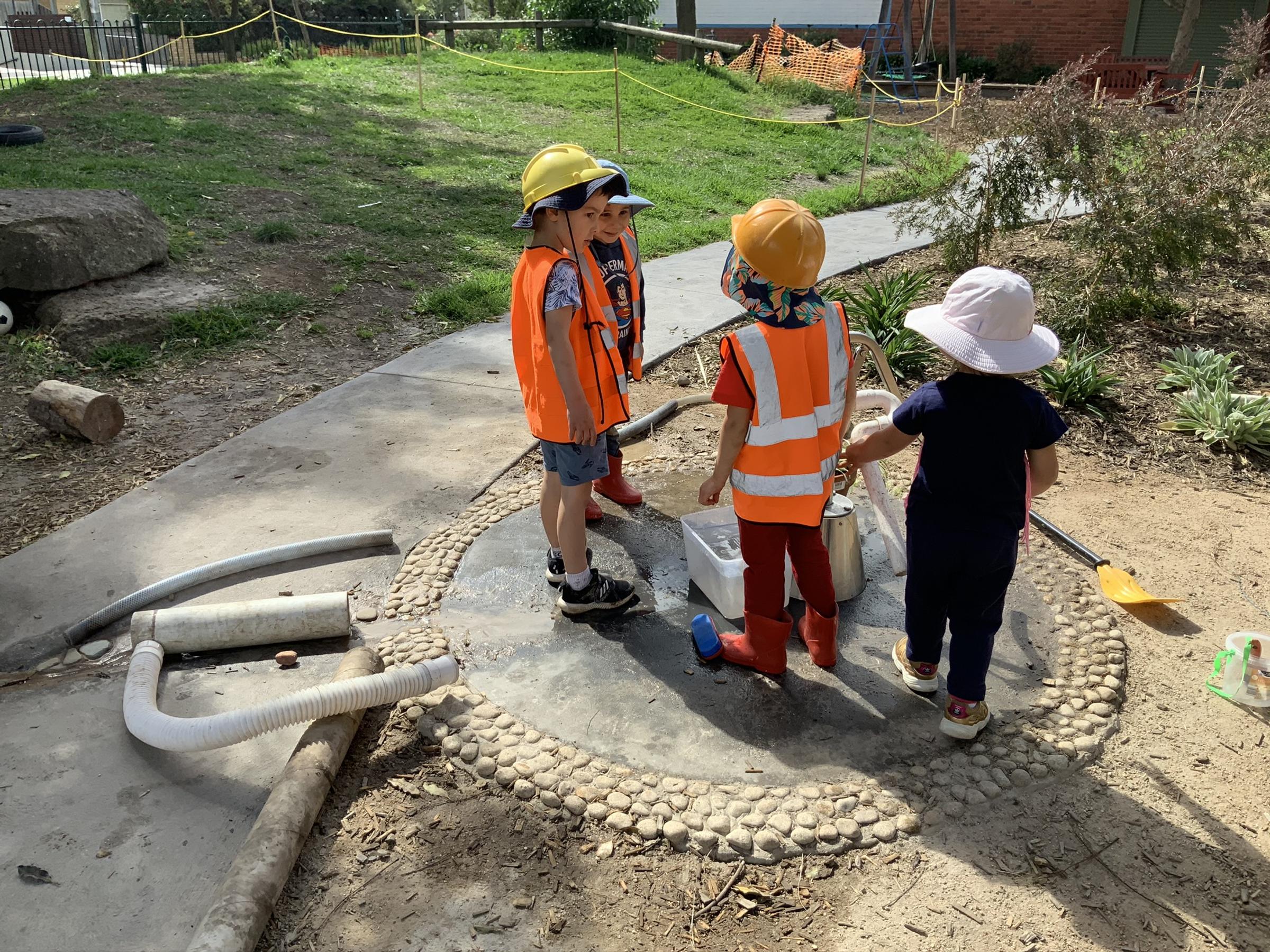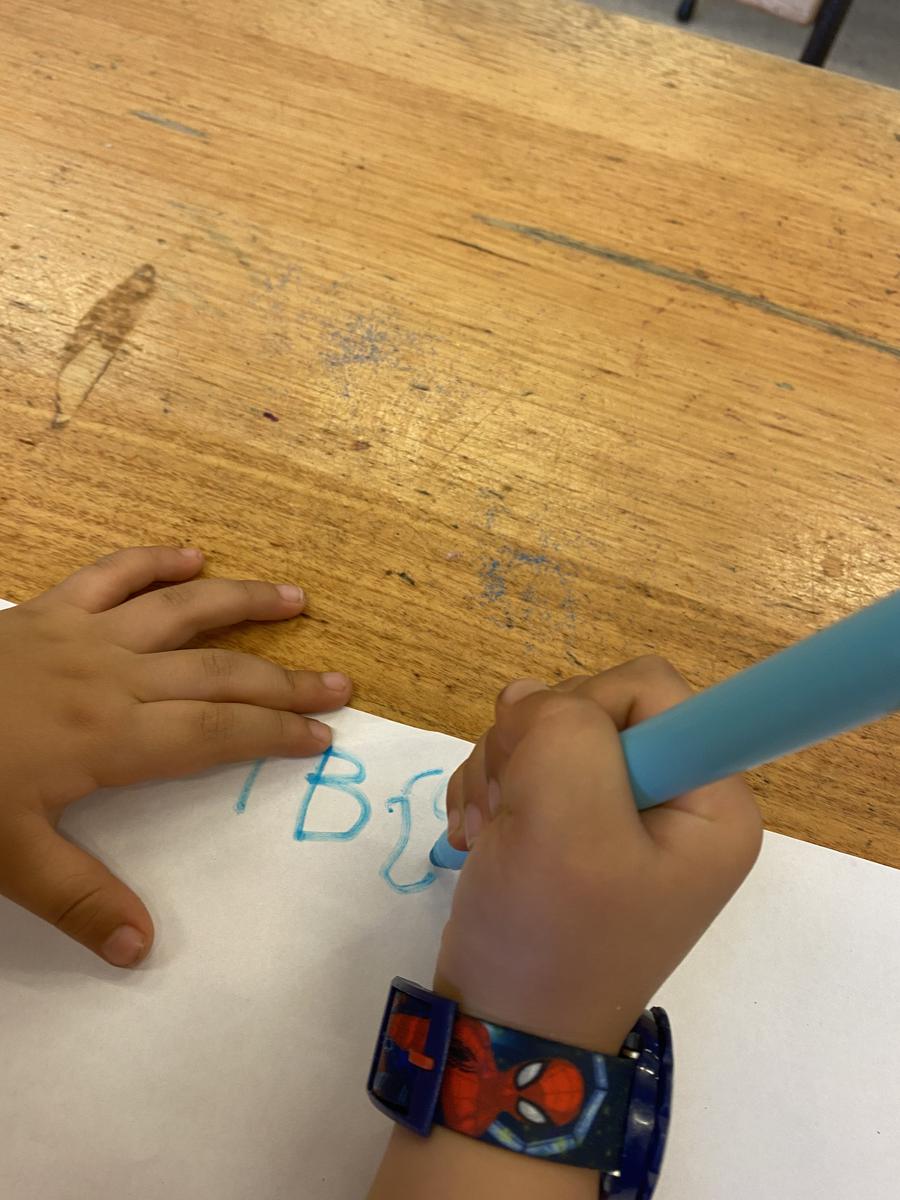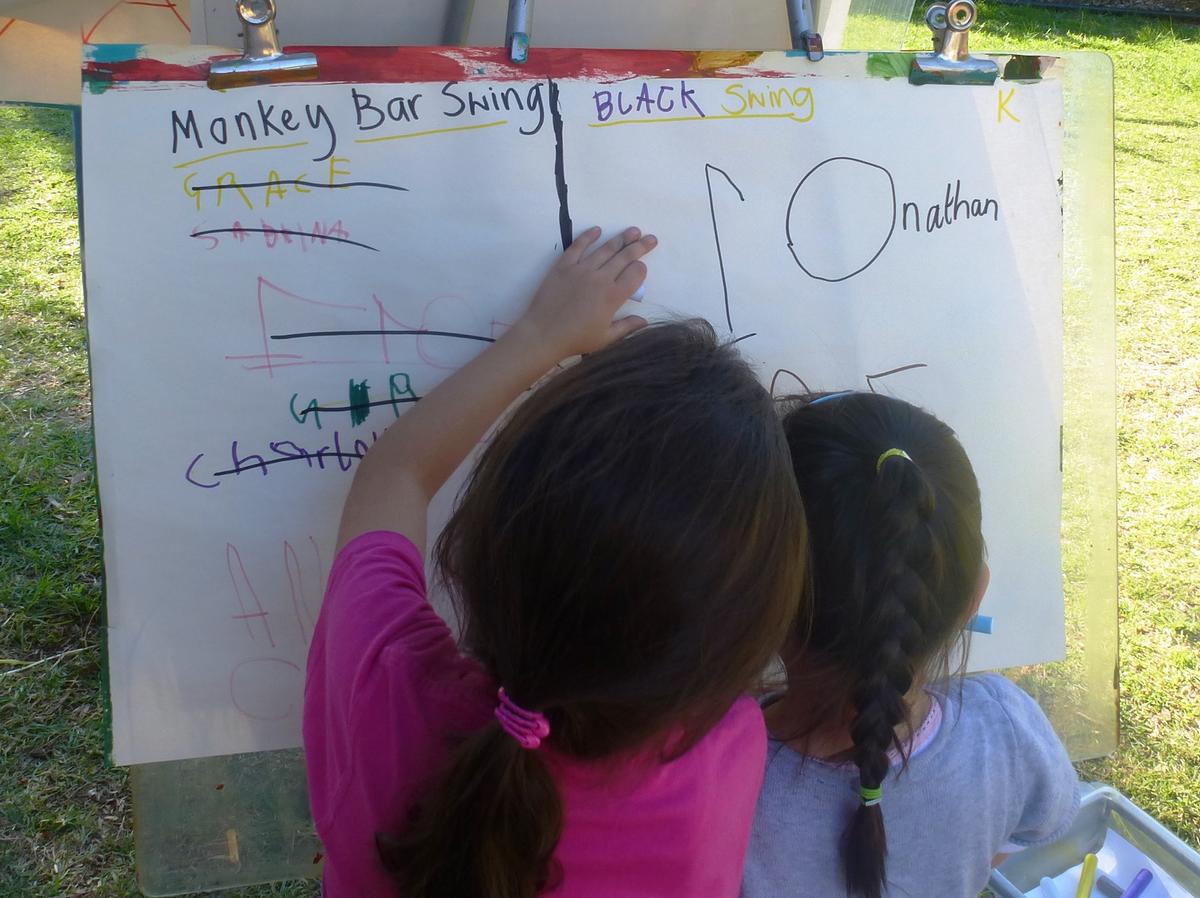Additional Languages in Early Childhood

Secondary Language Program
Racquel Luntz, Early Childhood Educator
In 2018, I applied on behalf of GEKA Bentleigh East Kindergarten to attain funding for a secondary language program from the Department of Education and Training (DET). At the end of term 3, we were informed that we had received a $25,000 grant to provide children with an opportunity to learn another language, for both 4-year-old groups which can be utilised throughout 2021. This means, for all children attending 4-year-old Kindergarten at GEKA BEK in 2021, a Bachelor-qualified teacher will attend their session once a week for 45 minutes to deliver a program to expose and engage the children with a foreign language. There is a spectrum of values and skills that are acquired when learning an additional language, which are (but not limited to):
- A balanced perception of diversity and culture. By exposing children to a new language, they look well beyond the simplicities of counting and colours; they are exposed to new traditions, values and perspectives on culture. In turn, children have a great inclination to extend themselves and explore their own culture, beliefs, values and identity.
- A greater development of cognition skills. As children begin to understand and process the language and switch between their native tongue and their additional language, it enables them to enhance their thinking skills including, multi-tasking, critical thinking and problem-solving.
- An improved sense of self-esteem and confidence. As children become more exposed to language an emphasis is placed upon scaffolding on base knowledge, they become more confident in their skills to transfer and adapt knowledge from one context (English) to another (additional language). As a result, children become more reflective upon their newly learnt skills and feel pride and joy in the achievements and growth they have made (reflects to the EYLF learning outcome 4: Children are confident and involved learners).
We are elated with the opportunity and are now faced with the exciting but difficult decision to make: which language is ‘best suited’ and the most ‘appropriate’ to undertake? GEKA Bentleigh East Kindergarten is a greatly diverse suburb with a wide array of languages spoken by residents, which provides us with a variety of options to present. As we begin to discuss our options, it is imperative to consider our philosophy, which highlights the importance of accounting for all stakeholders within the Kindergarten’s opinions on decision that directly affects the program. (also tying in with our reflective practices of National Quality Standard 1: Educational program and practice and Standard 6: Collaborative partnerships with families and communities). This means that prior to coming to a consensus, we need to address:
- All current families in both the 3 and 4-year-old programs. By collecting data on their preferred language of choice of current families, it will give us a more refined selection that is in line with the contemporary views of our progressive community.
- Incorporating all Educator’s beliefs, values and opinions.
- Reflecting on the most spoken languages outside of English in the local community (which, as of 2016, included Greek, Mandarin, Russian and Hebrew).
- Acquiring information on the Secondary Language's Program, of our feeding Primary Schools, including which year Secondary Language Program's is implemented into the curriculum.
Though Term 4 has been busy, we begin to accumulate thorough research, we look forward to being able to provide the GEKA Bentleigh East, Red and Blue groups with a consistent and well-established language program, which can be embedded into our current program and educational experiences in a multitude of ways. This would not have been possible without the support of Rachael Gemmill and Melissa MacMaster - thank you for all your assistance throughout the process of application and receiving the grant!


